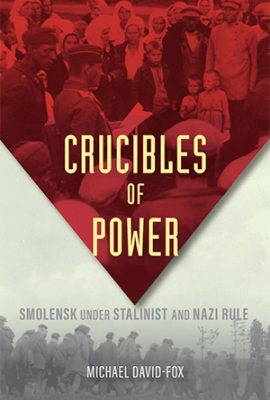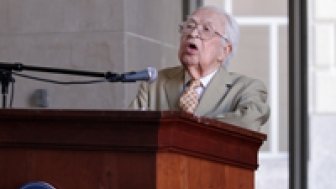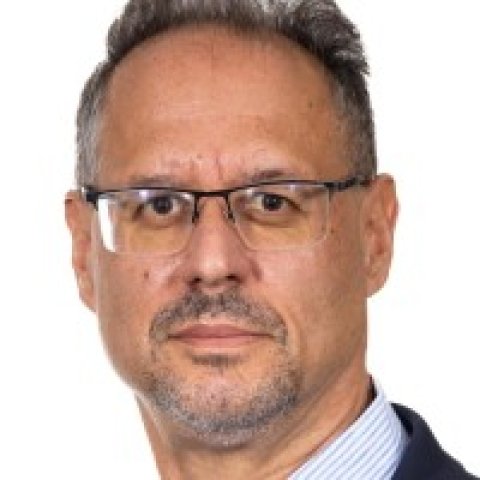Michael David-Fox
Professional Affiliation
Director, Center for Eurasian, Russian, and East European Studies (CERES); Professor, Edmund A. Walsh School of Foreign Service/Department of History
Expert Bio
Michael David-Fox is a historian of modern Russia and the Soviet Union and professor in the Edmund A. Walsh School of Foreign Service at Georgetown University. After completing his A.B. at Princeton and his Ph.D. at Yale, David-Fox was a Research Scholar at the Kennan Institute and taught at the University of Maryland, College Park. He is Founding and Executive Editor of the scholarly journal Kritika: Explorations in Russian and Eurasian History, for which he was awarded the 2010 Distinguished Editor Award from the Council of Editors of Learned Journals. David-Fox has been a Humboldt Fellow in Berlin, a visiting professor at EHESS in Paris, a Davis Fellow at Princeton, a Fellow of the Swedish Collegium for Advanced Study in the Social Sciences, and a Fellow at the Center for Advanced Holocaust Studies at the U.S. Memorial Holocaust Museum. He holds an honorary professorship from Samara State University in Russia.
Wilson Center Project
"Smolensk under Nazi and Soviet Rule"
Project Summary
Crafted as a new type of “entangled” history, my project pursues insights at the intersection of three major fields: the study of the Nazi occupation of Soviet territories during World War II, the study of Stalinism, and the study of the Holocaust in the East. Through a twin investigation of local cadres and the reach of ideology, this project investigates political violence not in isolation, but as one dominant component in the overall exercise of power. My project positions me to comment on the politics of history in Russia today and the “memory wars” between Russia and its neighbors.
Major Publications
Showcasing the Great Experiment: Cultural Diplomacy and Western Visitors to the Soviet Union, 1921-1941. New York: Oxford University Press, 2012
Crossing Borders: Modernity, Ideology, and Culture in Soviet Russia. Under contract with University of Pittsburgh Press, Pitt Series in Russian and East European Studies.In press
Revolution of the Mind: Higher Learning among the Bolsheviks, 1918-1929. Ithaca: Cornell University Press and Studies of the Harriman Institute, 1997
Previous Terms
Research Grant, Kennan Institute. Associate Professor, Department of History, University of Maryland. "Toward a Re-evaluation of NEP in Cultural and Intellectual Affairs." June 1, 1994 - Jan 31, 1995. Project Description: The project analyzes those far-reaching and frequently contradictory developments that were built in to the NEP turning-point, broadly conceived, and demonstrates how they then shaped the NEP order in cultural and intellectual affairs. Research Grant, Kennan Institute. "The Higher Part Schools: Education, Politics and Ideology during the New Economic Policy, 1921 - 1929." November 1991. This project was an analysis of the developments that were built in to the NEP turning-point, broadly conceived, and to demonstrate how they then shaped the NEP order in cultural and intellectual affairs, which itself evolved in the course of the 1920s. Analysis of higher education during NEP. Keywords: communist party education; intelligentsia; Sverdlov; educational conflict; political activity; student life
Insight & Analysis by Michael David-Fox
- Past event
- History
Crucibles of Power: Smolensk under Stalinist and Nazi Rule

- Past event
- History
From Stalin to Mao: Albania and the Socialist World


- Past event
- History
Crossing Borders

- Past event
- History
Remembering WWII: the 70th Anniversary of Victory

- Past event
- History
Revisiting "The Icon and the Axe" and Its Impact on Russian Studies



